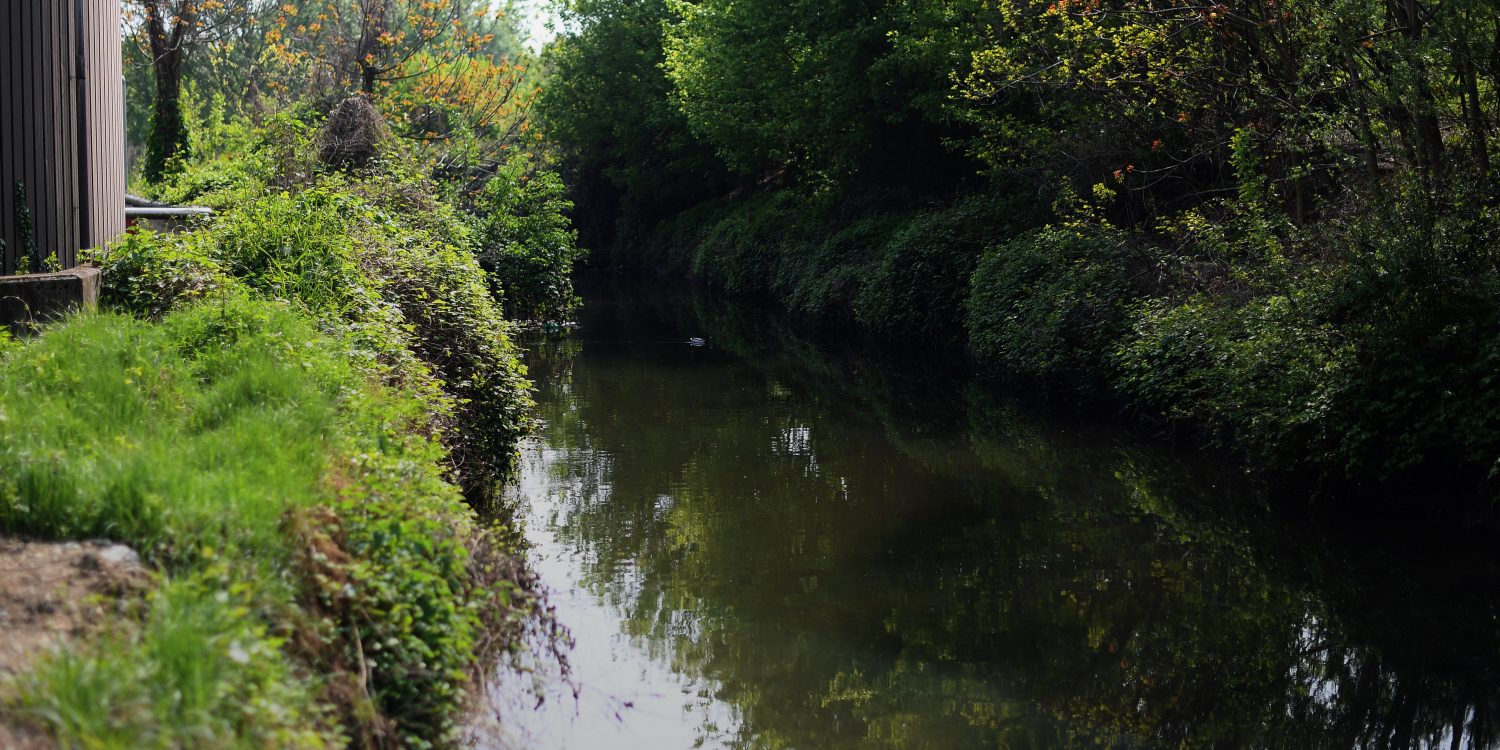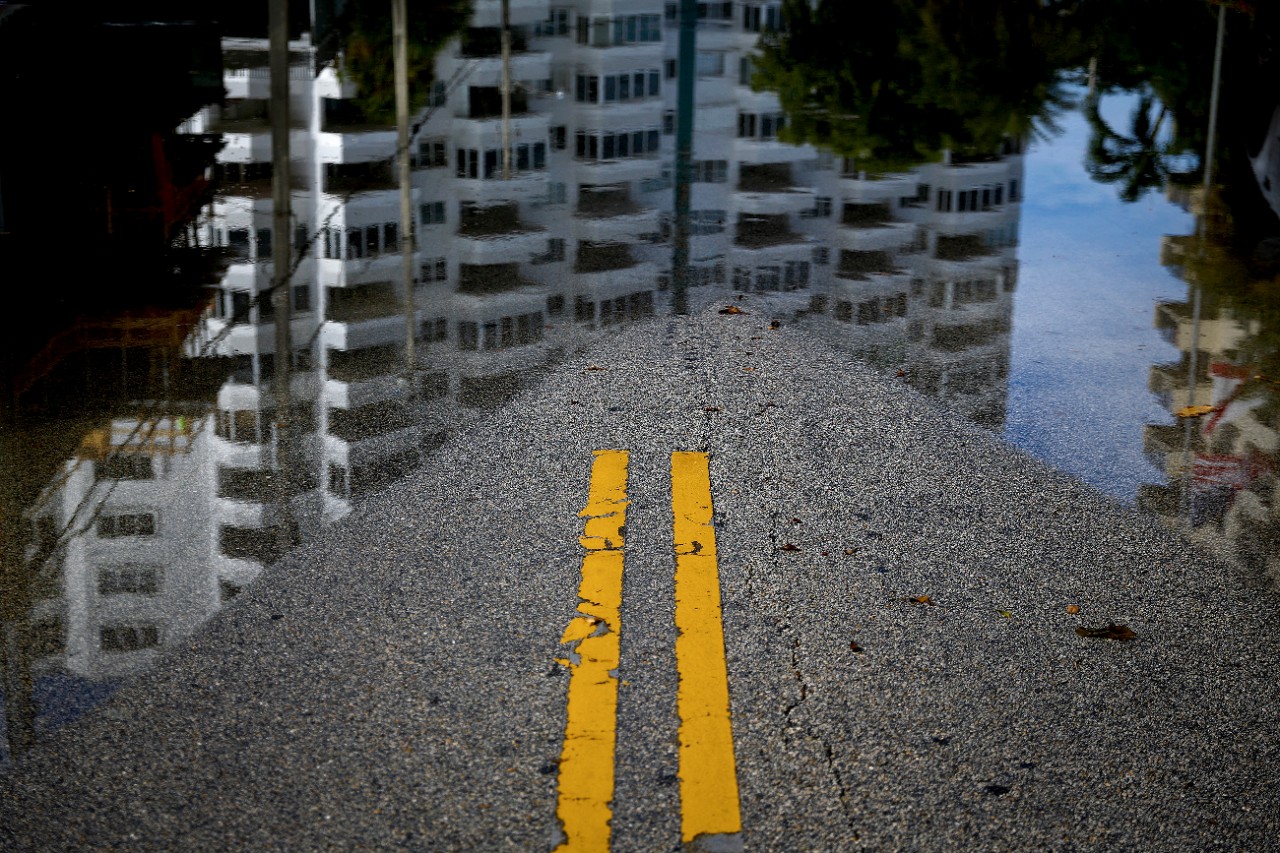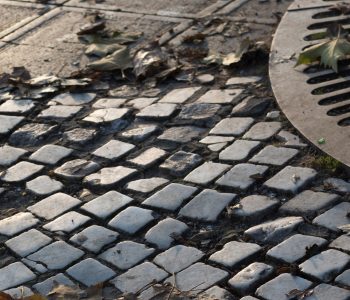
Flood hide and territorial resilience
We have launched the Flood Hide pilot project in collaboration with the State University of Milan and the Consorzio Est Ticino Villoresi for the recovery of irrigation channels through the use of innovative technologies.
The programme, which envisages the allocation of over one million euros, aims to dispose of excess rainwater and to control the rise of groundwater through the reactivation of the system of irrigation channels, canals and springs that constitute the irrigation channels, whose construction dates back more than eight centuries.
The topic was at the centre of the conference entitled Water and Territorial Resilience promoted by CAP Group on 4 July 2016: you can find the PDF version of the proceedings here.

Metropolises and water
Urban strategies for adapting to climate change The reflections of the conference gave rise to the publication "Metropolises and water. Urban strategies for adapting to climate change", the first volume of the series of studies and research Linee d'Acqua published by Guerini and Associates.
Rainwater currently flows into sewers and waste water treatment plants designed to manage domestic and industrial waste water, but recent overload problems caused by very intense rainfall events have led to the urgent need to find innovative solutions to prevent leakage.
In the plains between the Ticino and Adda Rivers, there is also a tendency for the groundwater to rise, which in some areas has reached levels that require pumping operations, overloading the plants and therefore making purification processes more difficult.
For this reason, the prevention path that we have designed together with Consorzio ETVilloresi and UNIMI implements innovative hydraulic and environmental engineering solutions: the collected water will be conveyed into phytopurification lungs and then used in the agricultural sector.
The pilot project will concern the Briocco spring, in the Rho area, which will be recovered and connected to a section of the water network in which the groundwater pumping water of a large underground car park and the thermal exchange water of the air conditioning of a cinema will be conveyed.
